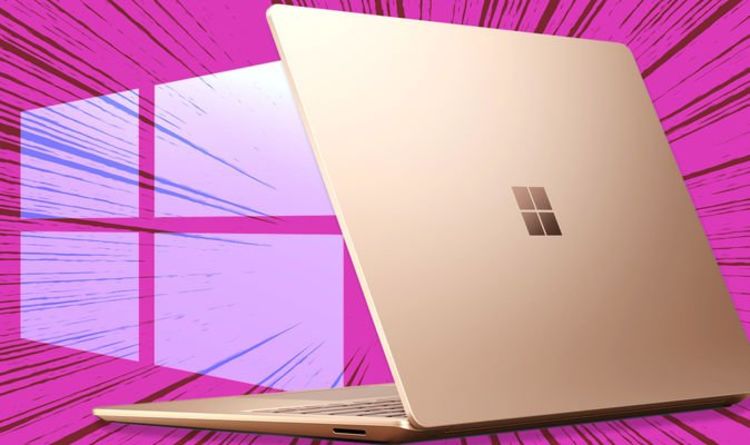Microsoft is planning to launch an all-new version of its desktop operating system later this year. But other than a name, Windows 10 X, not much is known about the new software. Windows 10X started out life as a flexible new operating system designed for dual-screen devices, like the forthcoming Surface Neo, so that windowed applications could be juggled between two screens, stretched to fill the full display real estate available, and more. However, this plan was later scrapped, with Microsoft instead choosing to focus on single-screen devices in the wake of the pandemic and the surge in PC owners working from home.
“The world is a very different place than it was last October when we shared our vision for a new category of dual-screen Windows devices,” said Windows and Devices boss Panos Panay. “With Windows 10X, we designed for flexibility, and that flexibility has enabled us to pivot our focus toward single-screen Windows 10X devices that leverage the power of the cloud to help our customers work, learn and play in new ways.”
Some reports have suggested that Windows 10X will now take the form of a more stripped-back version of Windows 10. This will supposedly be designed to take on the likes of Chrome OS, Google’s desktop operating system based on its phenomenally successful browser, which has enjoyed huge success in schools. If Microsoft follows in the footsteps of Chrome OS, Windows 10X could kickstart a new breed of stylish, lightweight laptops that don’t need powerful processors to handle heavy-duty apps – since most of these are web apps, with the servers doing the crunching. This could lower prices and make them more appealing to schools.
First up, the Start Menu has been completely re-imagined. Microsoft has shifted this crucial menu from its usual location in the bottom left-hand corner of the screen to the centre. In fact, everything has been centre-aligned in Windows 10X – bringing app shortcuts to the middle of the taskbar, which still runs along the bottom of the screen – just like it does in the standard version of Windows 10.
Tapping on the Start Menu loads a large, square-shaped pop-up with a search bar at the top. This is used to search the web, courtesy of a Bing search, documents stored offline on your device, or installed apps. Beneath the search box, which Microsoft seems to think people will use instead of the traditional alphabetical list of all applications, as well as shortcuts to document folders, there is a number of suggested apps and websites.
It’s not clear how these suggestions are picked, presumably Microsoft would display the most-recently-used applications and webpages in this portion of the Start Menu, which is called My Apps And Websites. However, there is a separate Recent tab beneath this, which specifically says “The more you use your device, the more we’ll show your recent files and new apps here”. According to Bowden, who has a ridiculously good track record when it comes to leaks about upcoming products from Microsoft, this redesigned Start Menu will not support folders, which could be a problem for users with large numbers of apps.
Instead, you’ll need to rely on the search or suggestions from Microsoft’s in-built AI to offer up the app you’re looking for.
The first devices running Windows 10X are expected to start shipping sometime in spring, so it’s highly likely that these leaks show-off a finalised version of the new software. Microsoft has already redesigned the Start Menu for its full-featured version of Windows 10, so don’t worry about this centre-aligned new version popping up on your desktop in a few months.
That said, a number of the changes to Windows 10X, which is designed to be used by people who aren’t as familiar with traditional desktop computers, are expected to slowly filter into the full-flavoured variant of Windows 10 in the coming months and years.





